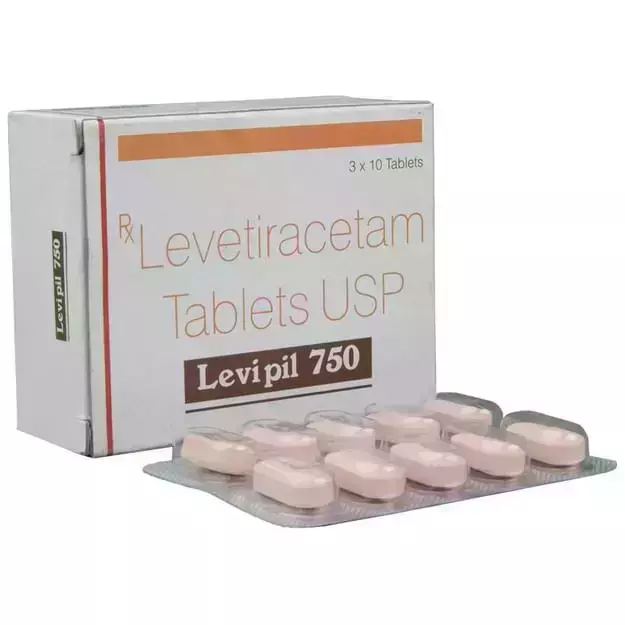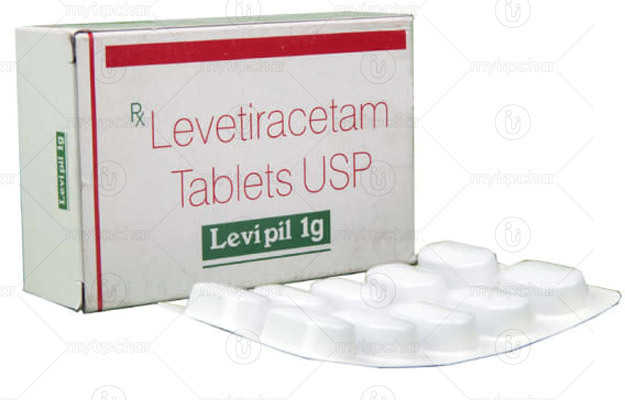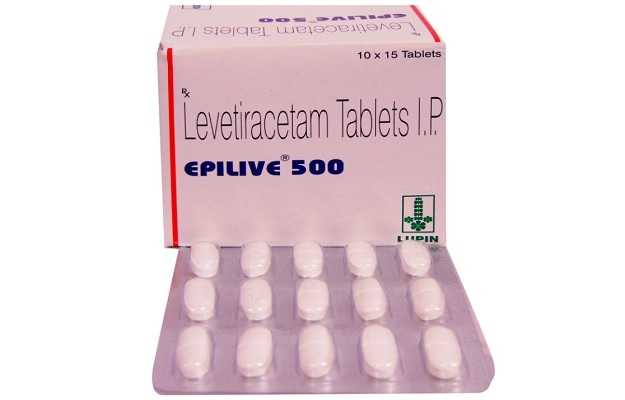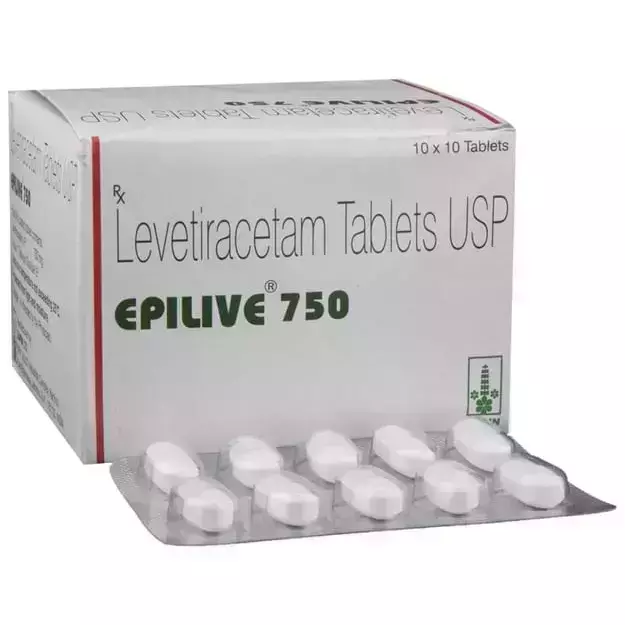Levesam Injection (1) is a commercial drug that is prescribed in the form of Injection. It is typically used for the treatment of Epilepsy. The alternative uses of Levesam Injection (1) have also been explained below.
The optimal dosage of Levesam Injection (1) is largely dependent on the individual's body weight, medical history, gender and age. The condition it has been prescribed for, and the route of administration also determine the right dosage. Refer to the dosage section for a detailed discussion.
Levesam Injection (1) also has some side effects, the most common being Fatigue, Headache, Drowsiness. Besides the aforementioned side effects, there are other adverse effects of Levesam Injection (1) as well, which are listed below. These side effects of Levesam Injection (1) are usually temporary and subside with the completion of treatment. However, if these continue for a longer time, consult your doctor right away.
It is also important to note that Levesam Injection (1) has a Moderate effect for pregnant women and Mild effect on lactating mothers. Warnings related to Levesam Injection (1)'s effects on the liver, heart and kidney, if any, have been listed below.
The section on Levesam Injection (1) contraindications lists all such conditions.
Besides this, Levesam Injection (1) may also have severe interaction with some medicines. A complete list of these interactions is given below.
Along with the above-mentioned precautions, remember that taking Levesam Injection (1) is considered not safe while driving, and is not addictive.
X






















